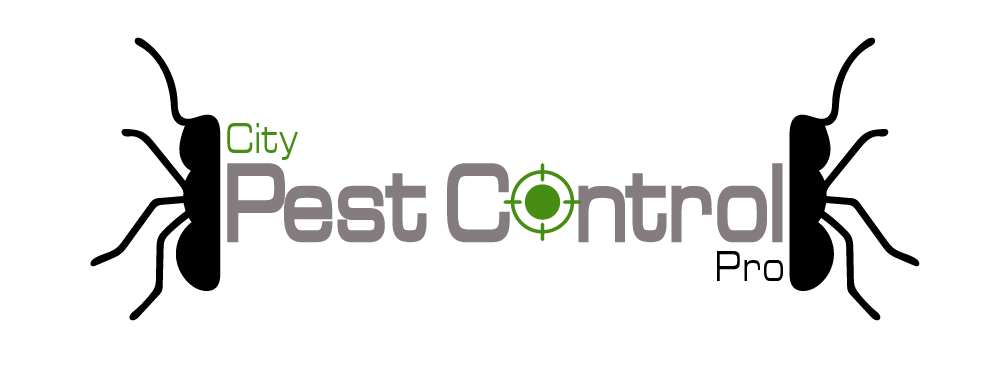Is Termite Fumigation Safe During Pregnancy?
No, termite fumigation is not safe during pregnancy. Consult with your OBGYN for solutions or consider staying at an extended stay hotel if your budget allows for it. Potentially put off the termite treatment until your term is complete if possible. Do not take anything in this article as medical advice. Consult with your doctor and OBGYN before committing to anything during pregnancy. We are not doctors.

Termite fumigation is an important topic for pregnant women because it could be harmful to the unborn baby. Termites are insects that live in colonies underground. They eat wood and other organic material, which can cause structural damage to buildings if left untreated. When termites are discovered, they are usually found by a pest control inspector who will then use different methods of extermination. Pregnant woman need to understand the risks associated with termite fumigation while expecting so she can make an educated decision about her health during this time period.
What Does The EPA Say About Pesticides During Pregnancy?
Termite fumigation is when a pesticide called phosphine gas or another type of insecticide such as chloropicrin is sprayed into all areas where
You are pregnant and have noticed that there is a pest control service coming to your neighborhood this afternoon. You are wondering if it is safe for you to hang out in the yard while they are spraying. This is not uncommon, most people will want to know if pesticides being sprayed around their home or business will effect them or others who might be there during application.
The U.S. Environmental Protection Agency (EPA) regulates how pesticides can be used in homes and businesses with respect to protecting any children, pets, workers, and the environment from unreasonable risks of injury by exposure to pesticide products with claims on their label concerning pests that may threaten human health or welfare. As part of EPA’s registration process for all pesticide products, data must be submitted to the Agency that supports the safety of the proposed uses for all populations, including children and pregnant women. The label is a legal document that must be followed when applying any pesticide product in order to ensure its safety.
The EPA requires pesticide manufacturers to formulate product labels so they are safe for everyone exposed without causing an adverse effect. Pesticide products must not cause unreasonable adverse effects on human health or the environment when used according to labeling directions and precautions. Applicators (your pest control company) must follow these instructions on the label which includes ensuring no food or water sources for humans or pets are exposed before, during, and after applications; users need to avoid exposure by staying off of lawns until sprays have dried; applicators should not enter treated areas until sprays have dried (and pets allowed to return); and the use of protective clothing appropriate for the pesticide being used.
Before venturing outdoors, be sure to read any public notices about pesticide applications in your neighborhood by calling the numbers listed there. Pesticide applicators are required to post notifications 24 hours before they spray so you know when pest control companies will be in your area. This notification must include the date, approximate starting time, and location of an application, along with a toll-free number residents can call for additional information regarding possible exposures. If you notice closure signs posted on roads or sidewalks where an operation is taking place, stay out of that area to avoid exposure. In some cases, neighbors near
